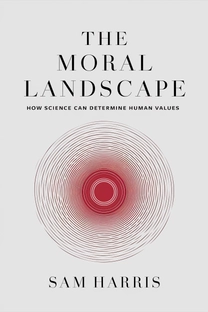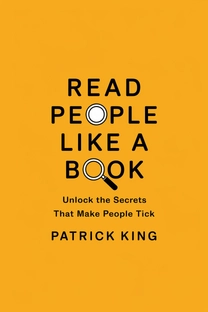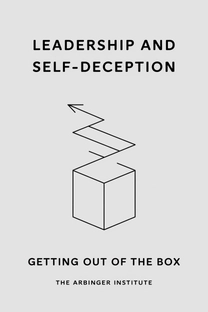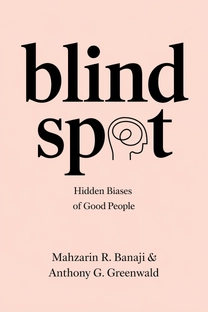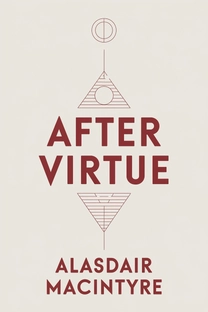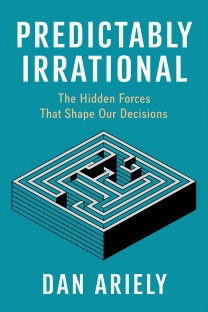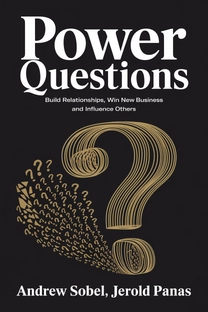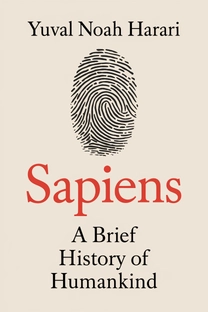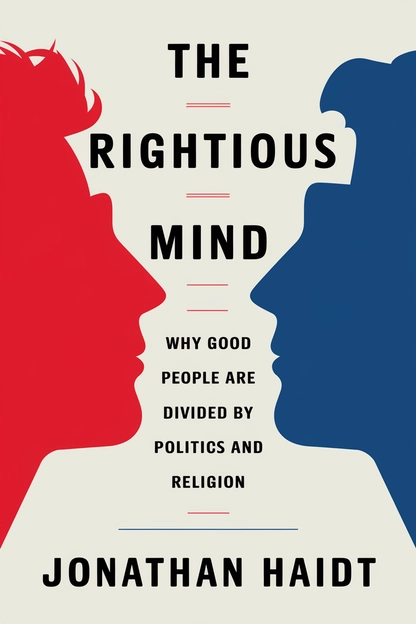
The Righteous Mind
Why Good People Are Divided by Politics and Religion
by Jonathan Haidt
Brief overview
This book explores why people of good intent often clash so strongly over politics and religion. It reveals how moral intuitions emerge first, guide our reasoning, and shape the groups we join. By understanding this interplay, readers can see how common moral foundations unite us even when we seem irreversibly divided.
Introduction
We live in an era where political and religious conflicts feel inescapable, and good people often label each other as wrong or misguided. This book begins by posing a powerful question: why are people who generally want to do the right thing so polarized?
The first step is recognizing that morality is about much more than just logic or clear-cut rules. Instead, we often form judgments based on instincts or intuitions. These gut reactions shape our stances on everything from taxes to social issues before we consciously reason.
To truly grasp the roots of discord, we need to look at the mental and social processes that prepare us to bond within certain groups, resent outsiders, and justify whichever side we join. The deeper we delve, the more we see that our moral intuitions are not uniform.
In the pages ahead, you’ll discover how emotions, upbringing, and culture intersect to produce the moral matrix each of us inhabits. The goal is not to declare one side ‘right’ but to realize how understanding moral foundations can bridge seemingly impossible divides.
Our Divided Moral Worlds
Many people assume that actions are labeled moral or immoral based solely on harm or fairness. Yet in many cultures, morality also involves loyalty, tradition, purity, and respect for authority. Different societies prioritize these elements in different ways.
A key point is that what feels obviously immoral to one group—like failing to show proper respect for sacred objects—might seem trivial to another. This leads to misunderstandings, especially when each side believes only one foundation (like ‘harm avoidance’) is truly moral.
Through examples of cultural practices worldwide, we see how moral concepts extend beyond harm-based concerns. Some groups stress family duty or religious purity, while others focus on autonomy and individual rights. Each moral code brings unique virtues and blind spots.
By seeing morality as varied—involving multiple principles—these divisions make more sense. It’s not that one group lacks morality; it’s that groups anchor themselves to different blendings of the available moral foundations, each shaped by history and circumstance.
What is The Righteous Mind about?
The Righteous Mind delves into how our gut-level moral intuitions shape what we see as good, bad, or dangerous in political and religious contexts. Author Jonathan Haidt draws from social psychology and cultural studies to reveal that emotion, rather than clear-cut reasoning, often drives our judgments. By highlighting how these spontaneous feelings unite us within groups and set us apart from others, the book helps readers see that morality is far more complex than simply right versus wrong.
Its core argument shows that we come equipped with multiple “moral taste buds,” which can manifest differently depending on our upbringing and environment. These diverse moral foundations explain why two well-intentioned people can disagree profoundly on social policy, religion, or ideology. Ultimately, The Righteous Mind encourages a broader view of human morality, opening the door to more nuanced conversations and deeper mutual understanding.
Review of The Righteous Mind
Haidt’s key strength lies in his ability to make academic research accessible to general readers without losing depth. He synthesizes various studies to illustrate the power of intuition, then shows how those intuitions collide in politics and religion. The book feels grounded in real-world examples, making its themes easy to apply in everyday life, such as understanding heated debates or recognizing bias in social interactions.
Another standout feature is its balanced tone: the author speaks to liberals, conservatives, and everyone in between. Readers discover practical ways to bridge divides by appealing to others’ moral foundations, rather than simply out-arguing them. It’s a lively read, blending professional terms with plainspoken insights. By the end, Haidt offers a persuasive call to acknowledge all sides of the moral spectrum and to communicate more respectfully across entrenched lines. Recommended for anyone aiming to deepen their grasp of human nature and persuade more effectively.
Who should read The Righteous Mind?
- Political strategists seeking deeper insight into voter behavior and moral drivers.
- Managers and team leaders aiming to foster inclusive, cooperative workplace cultures.
- Students and researchers in psychology, sociology, or philosophy exploring moral foundations.
- Community organizers looking to reduce conflict and build common ground across polarized groups.
About the author
Book summaries like The Righteous Mind
Why readers love Mindleap
10-Minute Book Insights
Get the core ideas from the world's best books in just 10 minutes of reading or listening.
Curated For You
Discover your next favorite book with personalized recommendations based on your interests.
AI Book ExpertNew
Chat with our AI to help find the best book for you and your goals.
Reviews of MindLeap
Love how I can get the key ideas from books in just 15 minutes! Perfect for my busy schedule and helps me decide which books to read in full.
Alex R.
The summaries are incredibly well-written and the audio feature is perfect for my commute. Such a time-saver!
Jessica M.
Great app for personal growth. The insights are clear and actionable, and I love how they capture the essence of each book.
Chris P.
The app is beautifully designed and the summaries are top-notch. Definitely worth every penny!
Sarah K.


